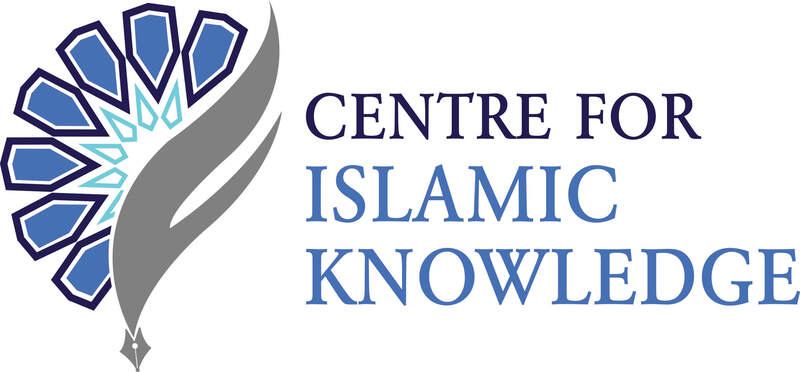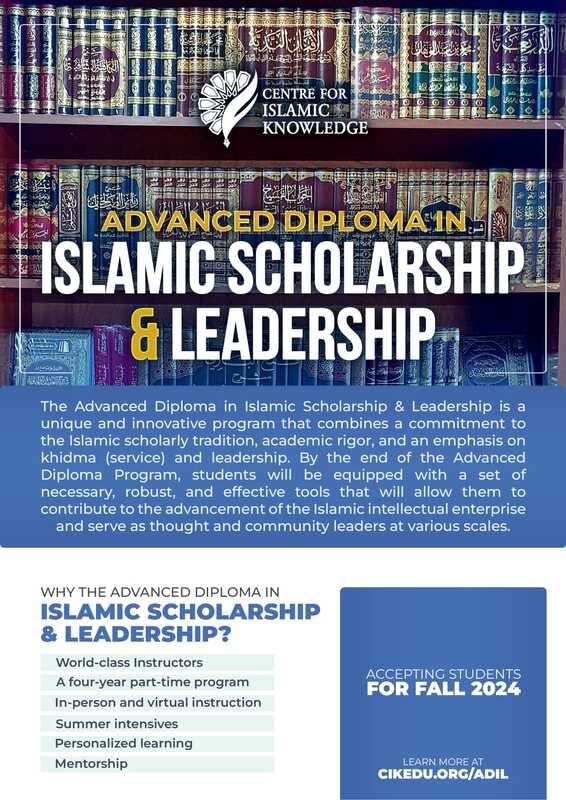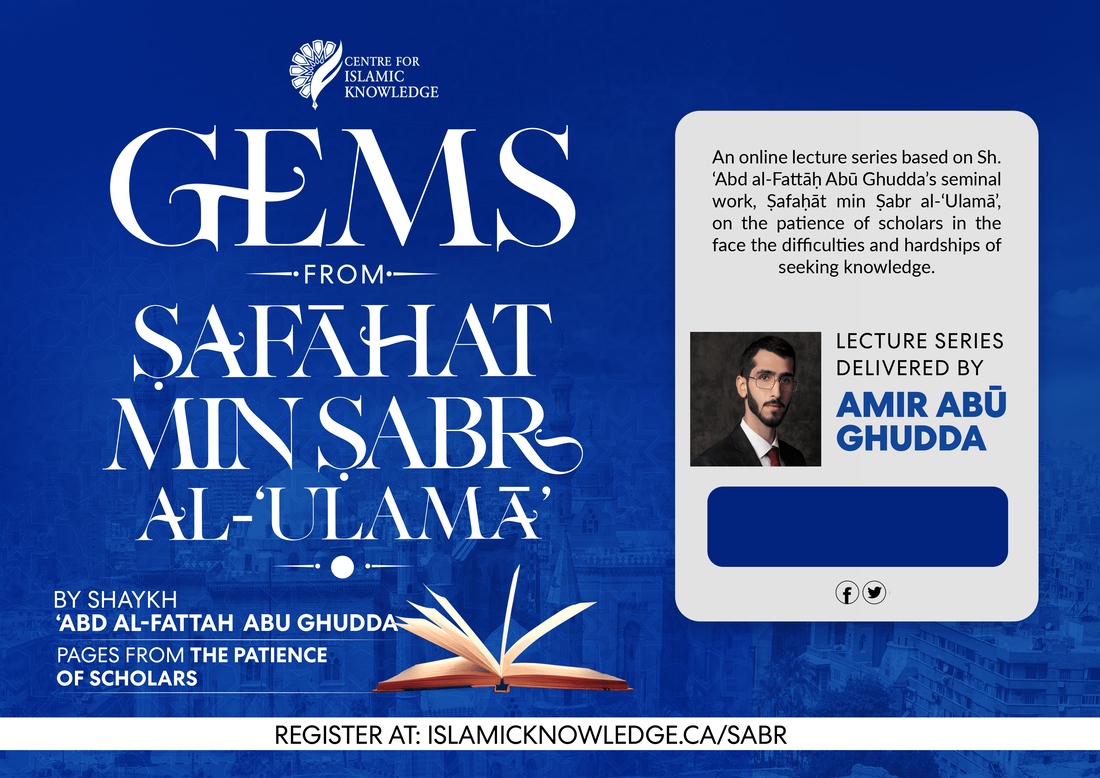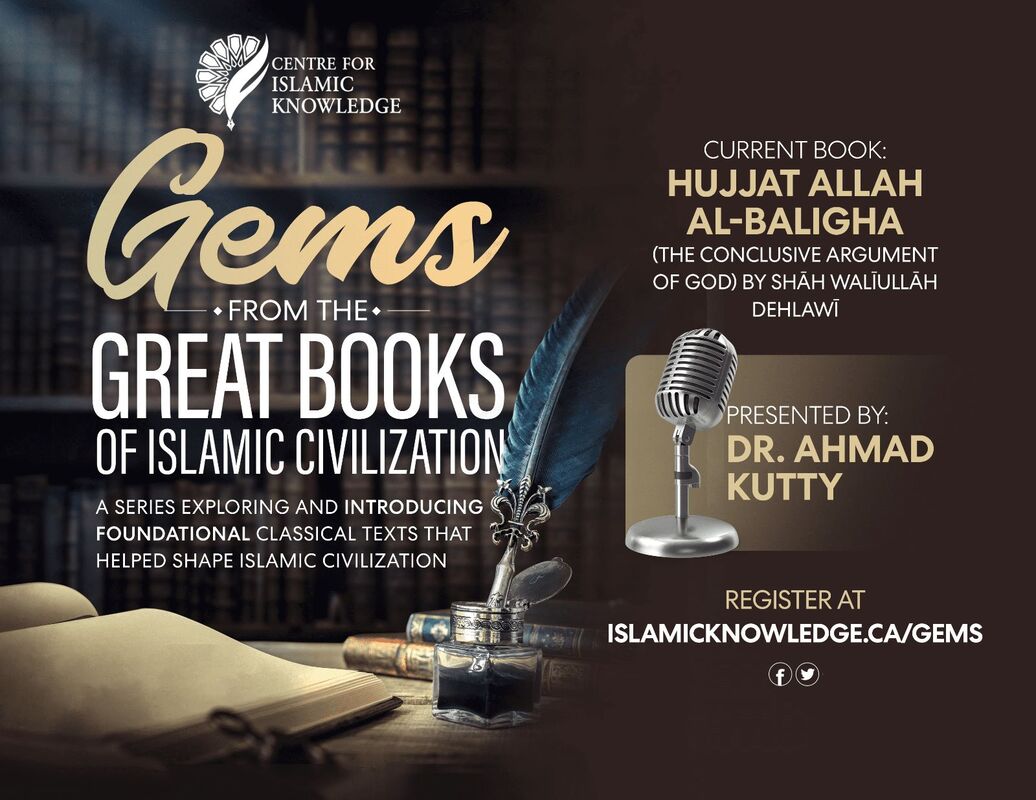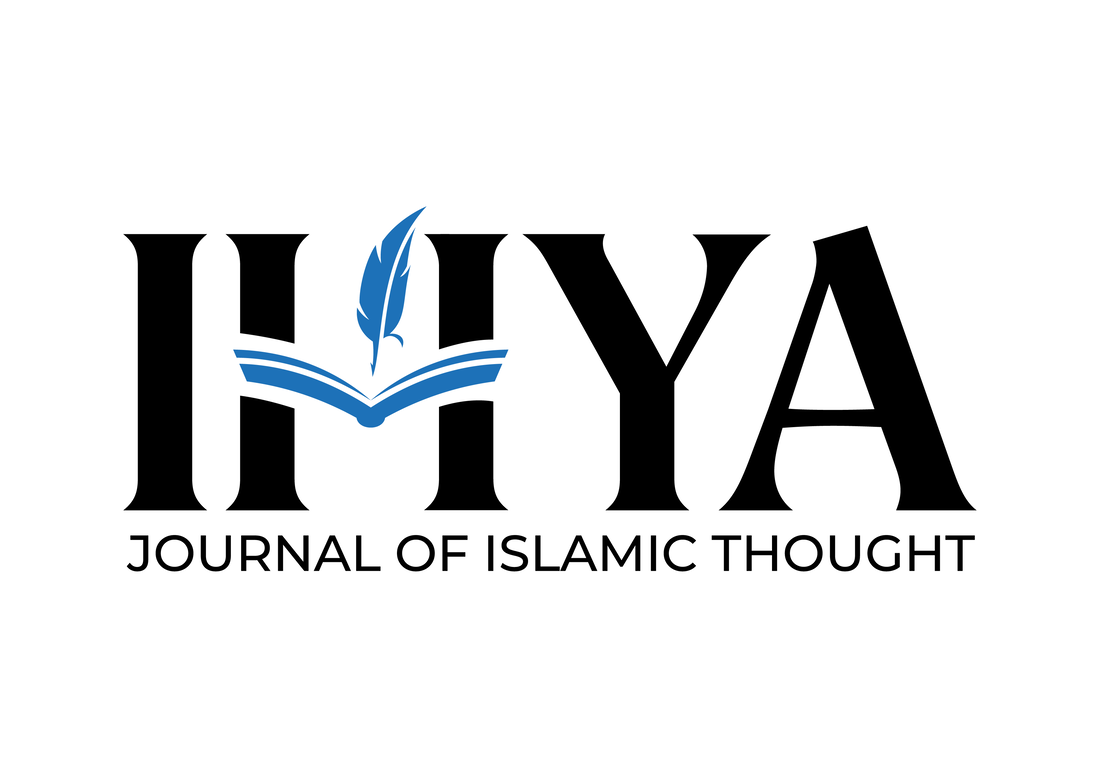The Life and Legacy of Shaykh Abu al-Hasan Ali NadwiSunday, July 28th at 12 PM EST (22 Muharram)
Presented by: Dr. Mohammad Akram Nadwi [Al-Salam Institute / Cambridge Islamic College] Join us for an in-depth exploration of the life and legacy of one of the most distinguished Islamic scholars of the 20th century, Shaykh Abul Hasan Ali Nadwi. This lecture, presented by the esteemed Dr. Mohammad Akram Nadwi, will provide a comprehensive analysis of Shaykh Nadwi's monumental contributions to Islamic thought and education. Shaykh Abul Hasan Ali Nadwi, affectionately known as Ali Miyan, was a prolific writer, a profound thinker, and a dedicated educator whose works have profoundly influenced generations of Muslims across the globe. Dr. Nadwi will delve into Shaykh Nadwi's early life, rigorous educational journey, and pivotal role in the revival and rejuvenation of Islamic scholarship. |
Advanced Diploma in Islamic Scholarship & Leadership
The Advanced Diploma in Islamic Scholarship & Leadership is a unique and innovative program that combines a commitment to the Islamic scholarly tradition, academic rigor, and an emphasis on khidma (service) and leadership. By the end of the Advanced Diploma Program, students will be equipped with a set of necessary, robust, and effective tools that will allow them to contribute to the advancement of the Islamic intellectual enterprise and serve as thought and community leaders at various scales.
Why the Advanced Diploma in Islamic Scholarship and Leadership?
|
Foundations Program in Islamic StudiesThe Foundation Program in Islamic Studies offers students a rich journey into the Islamic scholarly tradition, providing essential knowledge and wisdom to live a life pleasing to our Lord. It consists of four cornerstone courses: Islamic Theology - Aqidah, Sirah and Islamic History, Islamic Jurisprudence - Fiqh, and an integrated course on the sciences of the Qur’an and Hadith preservation. These courses aim to deepen students' understanding, strengthen their faith, and lead them towards a fulfilling spiritual and intellectual life.
|
Certificate Program in High School Islamic StudiesThe High School Certificate Program in Islamic Studies is a two-year program (four terms) which provides high school students with a firm understanding of Islam to prepare them for the intellectual challenges they will face later on in life.
|
Upcoming Events:
Join us for an in-depth exploration of the life and legacy of one of the most distinguished Islamic scholars of the 20th century, Shaykh Abul Hasan Ali Nadwi. This lecture, presented by the esteemed Dr. Mohammad Akram Nadwi, will provide a comprehensive analysis of Shaykh Nadwi's monumental contributions to Islamic thought and education.
|
Upcoming CIK Talk: Ibn Khaldun: Education, History and Society
|
Recurring Lecture Series:
An online lecture series on the first Friday of every month based on the seminal work of one of the leading twentieth-century Muslim scholars Shaykh ‘Abd al-Fattah Abu Ghudda’s (raḥimahu llah), Safahat min Sabr al-‘Ulama,’ on the patience of scholars in the face of the difficulties and hardships in seeking knowledge.
|
Join Dr. Mohammad Iqbal al-Nadvi on the last Friday of every month. The topics will include discussions on:
|
Gems from the Great Books of Islamic Civilization is a series exploring and introducing foundational classical texts that helped shape Islamic civilization.
|
|
The Ummatic Imperative to Decolonize the Social Sciences: Multiplexity: New Approaches to Knowledge by Dr. Recep ŞentürkOne of the most critical issues facing the Ummah is achieving intellectual and academic independence in social sciences, moving away from the dominant Eurocentric perspectives that are often positivistic, materialistic, modern, or postmodern. In this CIK Talk, Prof. Recep Şentürk, a leading Muslim intellectual and institution builder, discussed how the Ummah can leverage its rich intellectual heritage to offer new alternatives to modern Eurocentric social sciences.
Prof. Şentürk introduced the concept of multiplexity and explored its potential to critique the reductionist ontologies rooted in positivism and idealism in the social sciences. |
Ihya’ Journal of Islamic ThoughtIhya’ Journal of Islamic Thought (“Ihya’”) is an international, interdisciplinary, and online open-access journal with the aim of promoting intellectual inquiry into topics of importance to Muslims around the world. Each issue relates to a distinct theme, approached from different disciplines. Ihya’ strives to contribute to the Islamic intellectual enterprise by a) promoting research that advances knowledge of Islamic sciences such as law (fiqh), ḥadīth, exegesis, theology, political and legal history, etc., and b) investigating the contributions and effects of social, political, and intellectual developments in Muslim life and thought. Ihya’ welcomes submissions from researchers across various fields, such as the Traditional Islamic Sciences, Religious Studies, History, Social Sciences, Law, Philosophy, and Education, among others. It also invites opinion pieces from practitioners, policymakers, and the like.
|
